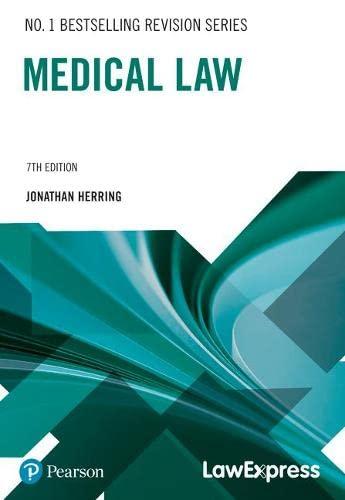Question
Questions 1. If you were a consultant for the Polish government, would you advise policies that detach the country from Russian energy, despite its cost
Questions
1. If you were a consultant for the Polish government, would you advise policies that detach the country from Russian energy, despite its cost advantage?
2 . If you were a consultant for an American LNG company, would you recommend targeting Polish customers? Why or why not?
3. If you were a consultant for Gazprom, how would you attempt to solve the issue of countries attempting to separate themselves from your energy?
*Article is attached below
Poland is located in Central Europe and is bordered by Germany, the Czech Republic, Slovakia, Ukraine, Belarus, and Lithuania. The Baltic Sea is located to the northwest. Slightly smaller than New Mexico, the country's terrain is largely flat with mountain ranges along its southern border. Its climate is relatively cool, with moderately severe winters and mild summer temperatures. Poland's history dates back to the 10th century. After nearly 800 years as a sovereign country, Poland was partitioned in the 18th century by Russia, Prussia, and Austria. The country regained its independence at the conclusion of the First World War, only to be occupied by Germany in the Second World War. From 1947 to 1989, Poland functioned as a satellite nation of the Soviet Union. In the early 1990s, a "shock therapy" economic program and a series of democratic, market-oriented policy shifts transformed the Polish economy into one of the most robust in Central Europe.
Poland's population, estimated at 38.4 million in 2019, has remained steady for the last several years. With a median age of 41 years old, Poland has an older-than-average population. The country is essentially entirely made up of native Poles. Immigrants do not constitute a significant proportion of the population. Poland has no citizenship by birth; instead, citizenship is awarded by descent, which requires both parents to be citizens of Poland. The country is almost exclusively Roman Catholic.
Poland's GDP stands at US$614 billion, or US$16,200 per capita. Unlike most of Europe, Poland has seen years of steady economic gains. In 2018, the economy expanded at 4 percent. Poland was one of the only countries in the European Union to avoid a recession during 2008-2009: The government of Prime Minister Donald Tusk steered the Polish economy through the economic downturn by skillfully managing public finances and adopting controversial pension and tax reforms to further shore up public finances. Once a largely agricultural nation, the country's economy has transitioned to one based primarily on industry (41 percent) and services (57 percent). The labor force, with 17.6 million people, ranks 35th in the world in size. Poland's main export partners include Germany, the U.K., the Czech Republic, France, Italy, the Netherlands, and Russia. Machinery and transportation equipment, intermediate manufactured goods, miscellaneous manufactured goods, foodstuffs, and live animals are all major exports.
Poland has adopted a republic form of government. It was one of the first ex-communist countries to embrace a capitalistic economy with privatization and economic liberalization. The country's economic success following the fall of the Soviet Union was largely attributed to the government's success at privatizing most of the small and medium state-owned companies and encouraging foreign direct investment. Poland's major difficulties lie in its somewhat deficient infrastructure, rigid labor codes, a burdensome commercial court system, extensive government red tape, a lack of energy mix, and a burdensome tax system.
For decades, Poland has relied primarily on Russian coal to electrify its grid, leaving it vulnerable to energy disruptions. For example, a few years ago, a conflict between Russia and Ukraine resulted in Russian energy giant Gazprom shutting down a critical pipeline, causing Poland and its neighbors to experience blackouts for three weeks. To avoid future disruptions, Poland has begun transitioning to the use of liquid natural gas (LNG), provided by Qatar, Norway, and the United States. In 2018, three U.S.-based companiesCheniere Energy, Venture Global LNG, and Sempra Energysigned long-term agreements with Poland. Estimates suggest that revenue could be in the billions.
While there are political, economic, and environmental incentives for Poland to move on from Russia, the situation is somewhat complicated by the actions of other EU members. Notably, Germany recently permitted the construction of a new pipeline from Russia. Additionally, Russia can still produce energy for far cheaper than most other nations.
Step by Step Solution
There are 3 Steps involved in it
Step: 1

Get Instant Access to Expert-Tailored Solutions
See step-by-step solutions with expert insights and AI powered tools for academic success
Step: 2

Step: 3

Ace Your Homework with AI
Get the answers you need in no time with our AI-driven, step-by-step assistance
Get Started


